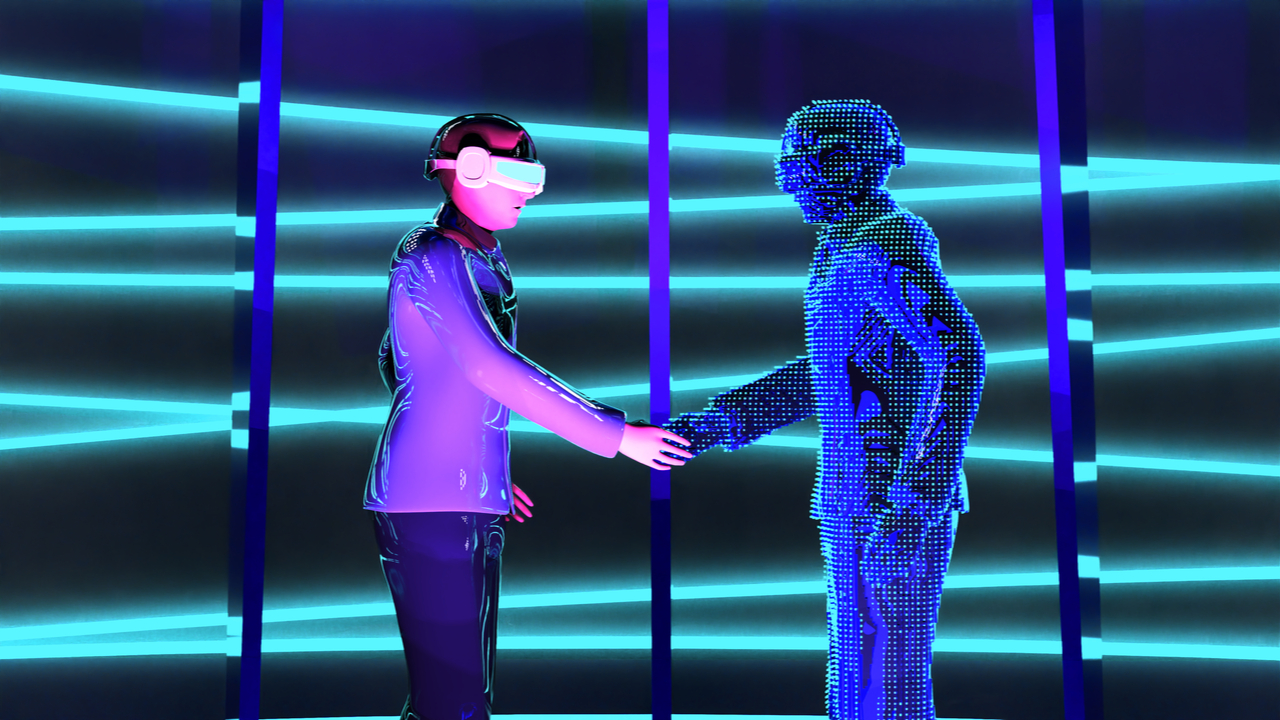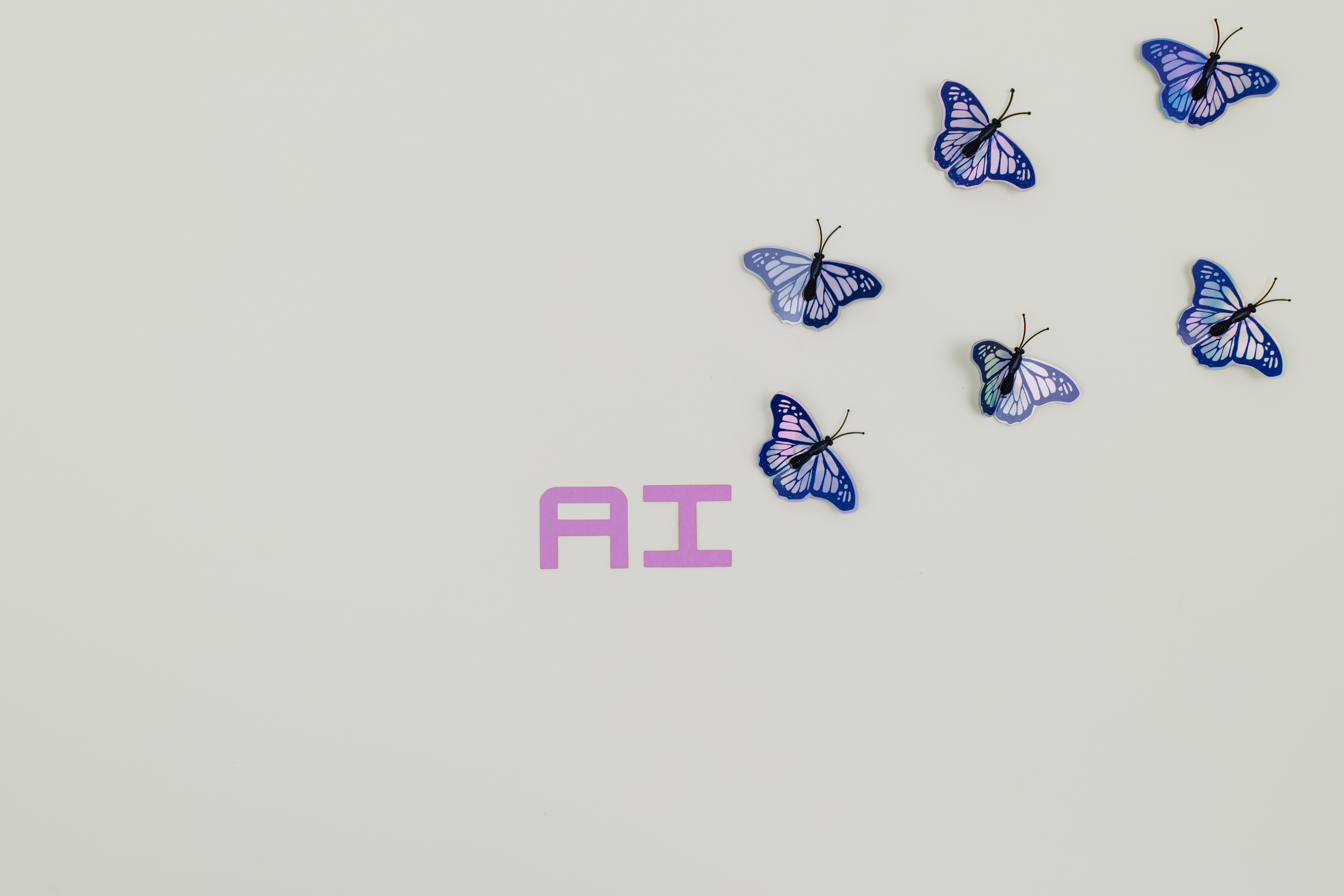In the ever-evolving landscape of education, technology has emerged as a driving force, reshaping the way we learn and engage with knowledge. Two transformative advancements, Artificial Intelligence (AI) and the Metaverse, have been gaining significant traction in the field of Education Technology (EdTech).
AI in Education:

Artificial Intelligence, with its ability to mimic human intelligence and learn from data, has become a game-changer in various industries. In education, AI is empowering personalized learning experiences, providing immediate feedback, and enhancing administrative processes. Adaptive learning platforms powered by AI algorithms analyze students’ strengths, weaknesses, and learning styles to deliver tailored content, improving engagement and knowledge retention.
Moreover, AI-enabled virtual tutors are gaining popularity as they can provide one-on-one assistance to students, answering questions and explaining complex concepts. These virtual tutors are available 24/7, providing support beyond traditional classroom hours. They can also adapt their teaching methods based on individual student progress, creating a dynamic and adaptive learning environment.
AI is also revolutionizing assessment practices by automating grading and feedback. Intelligent grading systems can evaluate written assignments, essays, and even coding exercises, freeing up teachers’ time for more valuable interactions with students. Additionally, AI-powered plagiarism detectors are enhancing academic integrity by identifying potential instances of copied content.

The Metaverse: Shaping the Future of Learning:
While AI is transforming the learning experience, the concept of the Metaverse is taking EdTech to new dimensions. The Metaverse refers to a virtual shared space where people interact with each other and digital objects in real-time. It provides a seamless blend of physical and digital worlds, enabling immersive and collaborative learning experiences.
In the Metaverse, students can participate in virtual classrooms, exploring historical events through interactive simulations or conducting virtual experiments in science. They can connect with peers from around the world, fostering cultural exchange and collaboration. The Metaverse breaks down geographical barriers, offering access to educational resources and experts regardless of location.
Furthermore, the Metaverse nurtures creativity and problem-solving skills. Students can build and design their own virtual worlds, applying concepts from various subjects in a practical manner. This experiential learning approach enhances critical thinking, innovation, and collaboration, essential skills for the future workforce.
The Synergy of AI and the Metaverse:

The true power of AI and the Metaverse lies in their synergy. By combining AI capabilities with the immersive nature of the Metaverse, educators can create truly personalized and adaptive learning environments. AI algorithms can analyze vast amounts of data from student interactions within the Metaverse, providing valuable insights into individual learning patterns, preferences, and areas of improvement.
AI can generate customized learning paths and recommend tailored content, ensuring that each student receives the most suitable educational experience. Virtual tutors in the Metaverse, powered by AI, can offer personalized guidance, adapting their teaching methods in real-time based on individual student needs. This dynamic interaction fosters student engagement and empowers learners to take ownership of their education.
Moreover, AI can support the creation of intelligent virtual environments within the Metaverse. These environments can adapt to students’ progress, presenting challenges and scenarios that align with their learning objectives. AI-powered simulations can provide real-time feedback, allowing students to experiment, learn from mistakes, and refine their understanding of complex concepts.
Challenges and Considerations:
While the integration of AI and the Metaverse in EdTech holds immense potential, it is crucial to address certain challenges. Privacy and data security are paramount concerns, as the collection and analysis of large volumes of student data can raise ethical issues. Robust safeguards and transparent policies must be implemented to protect student privacy and ensure data is used responsibly.
Additionally, access to AI and Metaverse-based learning experiences can create disparities, with disadvantaged communities potentially being left behind. Efforts should be made to bridge the digital divide and ensure equitable access to these transformative technologies.
Conclusion:
The convergence of AI and the Metaverse is poised to revolutionize education. AI-driven personalized learning experiences, virtual tutors, and automated assessment systems are enhancing student engagement and knowledge acquisition. Simultaneously, the Metaverse is transforming education into an immersive and collaborative journey, breaking down geographical barriers and nurturing essential skills.
The future of education lies in embracing the potential of AI and the Metaverse, while addressing the associated challenges. By leveraging these technologies thoughtfully, we can create an inclusive and dynamic learning ecosystem that prepares students for the opportunities and challenges of tomorrow’s world.

